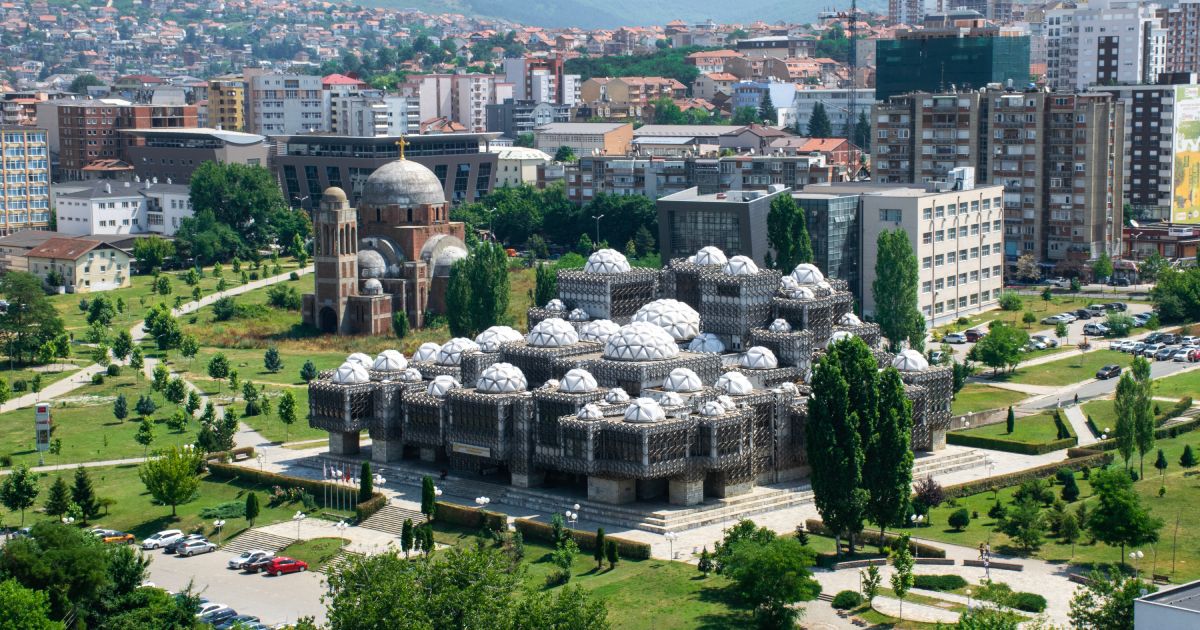Millennium Challenge Corporation
The $498 million compact was established to promote the use of private sector partnerships; improve the quality and reliability of power distribution systems; improve access to legal connections for micro, small, and medium-sized enterprises; and promote energy efficiency to manage demand growth.
Evidence & Insights From This Project

Ghana Power Compact: Evaluation Design Report
This evaluation design report presents our plans for conducting a long-term evaluation of the Ghana Power Compact that aims to improve electricity distribution and increase energy efficiency.
Learn MoreRelated Staff
Efficiency Meets Impact.
That's Progress Together.
To solve their most pressing challenges, organizations turn to Mathematica for deeply integrated expertise. We bring together subject matter and policy experts, data scientists, methodologists, and technologists who work across topics and sectors to help our partners design, improve, and scale evidence-based solutions.
Work With Us

